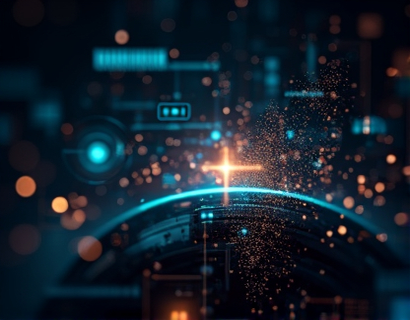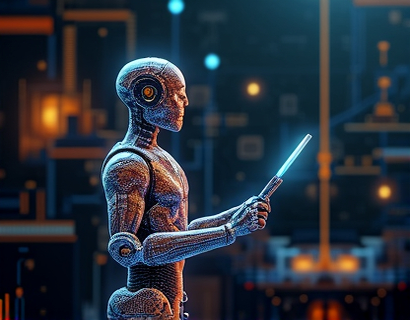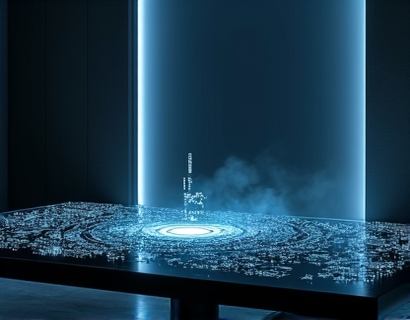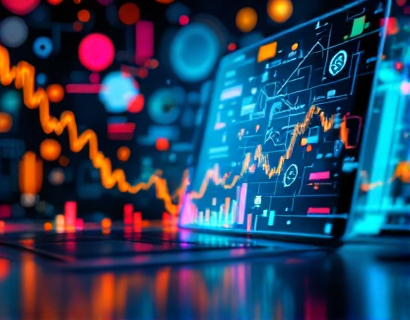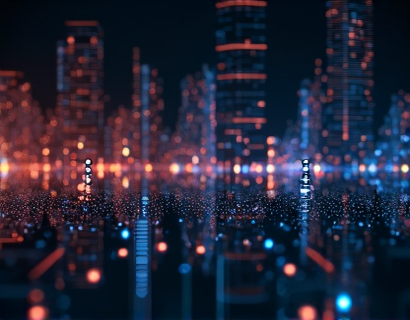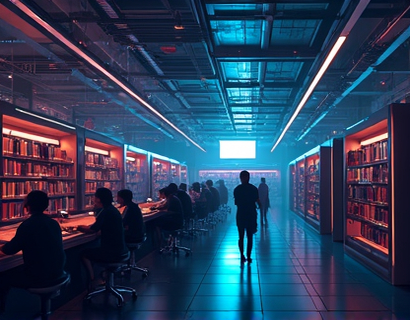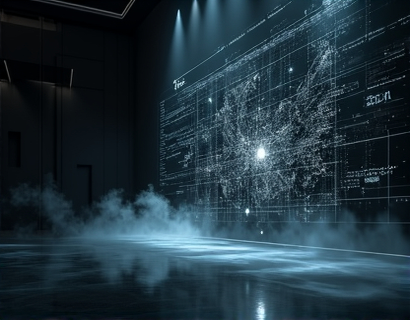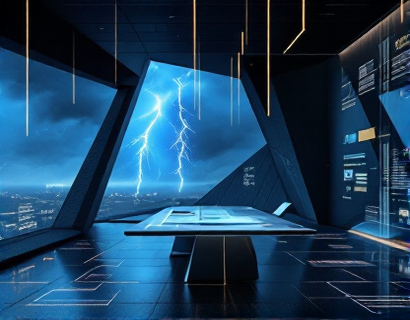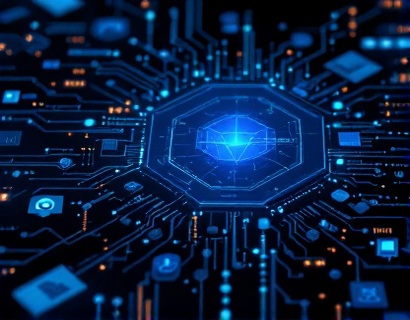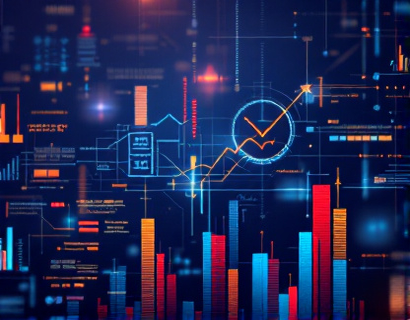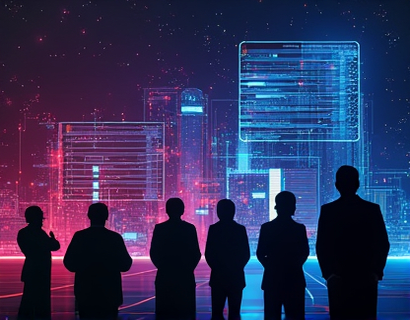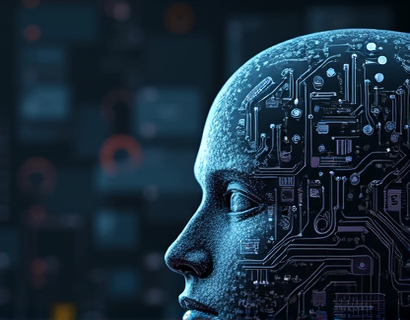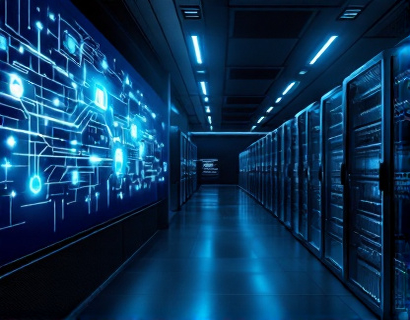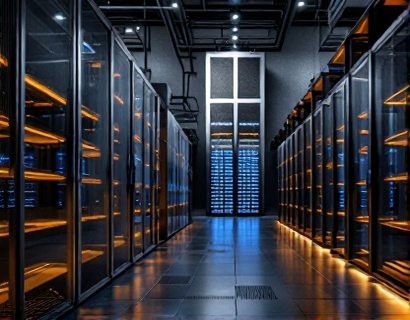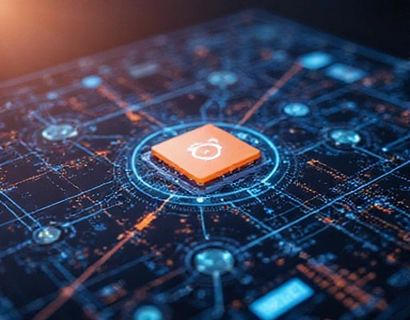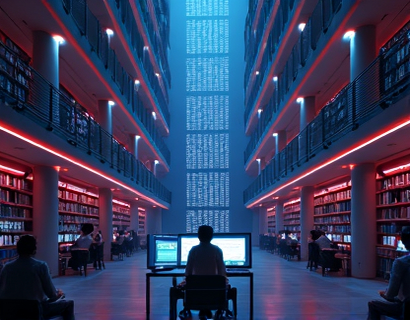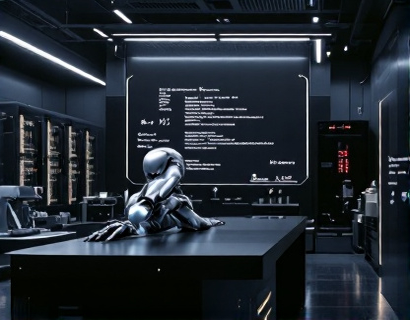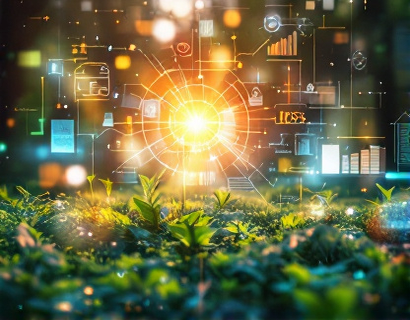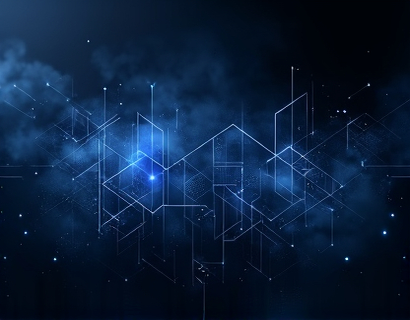Decentralized DAOs: Empowering Web3 Governance with Community-Driven Innovation and Transparency
In the rapidly evolving landscape of Web3, decentralized autonomous organizations (DAOs) stand as a pivotal force, redefining governance and innovation through community empowerment, transparency, and scalability. This article delves into the core principles and mechanisms of DAOs, exploring how they are revolutionizing the management of digital protocols and fostering a more interconnected and future-proof digital ecosystem.
Understanding Decentralized Autonomous Organizations
At their core, DAOs are organizations governed by smart contracts on a blockchain, enabling automated and transparent decision-making processes. Unlike traditional hierarchical structures, DAOs distribute power among their members, who collectively make decisions through voting mechanisms. This shift from centralized to decentralized governance models marks a significant evolution in how digital communities manage themselves and their resources.
Community Empowerment through DAOs
The essence of DAOs lies in their ability to empower communities. By removing intermediaries and central authorities, DAOs allow participants to have a direct say in the direction and operations of the organization. This democratization of governance ensures that decisions reflect the collective will of the community, fostering a sense of ownership and engagement. In the context of Web3, where decentralization is a core value, DAOs serve as a practical implementation of this ideology, enabling users to actively shape the digital tools and platforms they rely on.
Transparency in DAO Governance
Transparency is a cornerstone of DAO governance. All transactions, proposals, and voting outcomes are recorded on the blockchain, providing an immutable and accessible ledger. This level of transparency builds trust among members, as everyone can verify the integrity of the decision-making process. The openness of DAOs also deters malicious activities, as any attempt to manipulate the system would be immediately detectable and traceable.
Scalability and Innovation in DAO Management
One of the most significant advantages of DAOs is their scalability. As the community grows, the governance structure can adapt to accommodate more participants without sacrificing efficiency. Smart contracts can handle a vast number of transactions and votes, ensuring that the organization can scale seamlessly. This scalability is crucial for Web3 protocols, which often require robust and flexible governance mechanisms to keep pace with technological advancements and user demands.
Innovation is another key benefit of DAOs. The community-driven nature of these organizations encourages a culture of experimentation and continuous improvement. Members can propose and vote on new features, upgrades, and collaborations, driving innovation from the ground up. This bottom-up approach to innovation ensures that the solutions developed are aligned with the community's needs and aspirations, leading to more effective and user-centric outcomes.
Case Studies: Successful DAOs in Web3
Several DAOs have emerged as exemplary models of community-driven governance in the Web3 space. One notable example is the DAO Stack, a suite of decentralized governance tools designed to enhance the functionality and accessibility of DAOs. The DAO Stack includes components like DAOsquare for voting, DAOstack Governance for proposal management, and DAOstack Token for incentivizing participation. These tools have been instrumental in enabling more efficient and inclusive governance processes within various Web3 projects.
Another prominent DAO is the Aragon Network, which provides a platform for building and managing decentralized organizations. Aragon offers a range of services, including token management, voting systems, and community engagement tools. By leveraging Aragon, communities can create custom governance frameworks tailored to their specific needs, further democratizing the process of building and managing decentralized projects.
Challenges and Considerations
Despite their numerous advantages, DAOs are not without challenges. One of the primary concerns is the technical complexity involved in setting up and managing smart contracts. Ensuring the security and reliability of these contracts is crucial, as vulnerabilities can lead to significant losses. Additionally, the governance models must be designed to prevent issues such as voter apathy or the dominance of active participants, which can skew decision-making processes.
Another consideration is the regulatory landscape. As DAOs operate in a relatively uncharted legal territory, there is a need for clearer guidelines and frameworks to ensure compliance and protect participants. This is an area where ongoing dialogue between the blockchain community, regulators, and legal experts is essential to create a conducive environment for DAOs to thrive.
Future Prospects of DAOs in Web3
The future of DAOs in the Web3 ecosystem looks promising. As blockchain technology matures and more users become familiar with decentralized concepts, the adoption of DAOs is likely to grow. The integration of DAOs with other Web3 technologies, such as decentralized finance (DeFi), non-fungible tokens (NFTs), and decentralized social networks, will further enhance their impact and utility.
Moreover, the development of more user-friendly interfaces and tools will make DAOs accessible to a broader audience, including those with limited technical expertise. This democratization of governance tools will accelerate the adoption of DAOs, leading to a more decentralized and participatory digital landscape.
Joining the DAO Movement
For web3 enthusiasts and innovators, participating in or contributing to DAOs offers a unique opportunity to be part of a transformative movement. By engaging with DAOs, individuals can play a pivotal role in shaping the future of decentralized technology. Whether through active participation in governance, contributing to the development of governance tools, or simply supporting community-driven initiatives, every contribution counts towards building a more interconnected and future-proof digital world.
In conclusion, DAOs represent a powerful shift in how we approach governance and innovation in the digital realm. By empowering communities, ensuring transparency, and fostering scalability and innovation, DAOs are paving the way for a more decentralized and equitable Web3. As the movement continues to grow, the potential for positive change and meaningful impact is immense.




